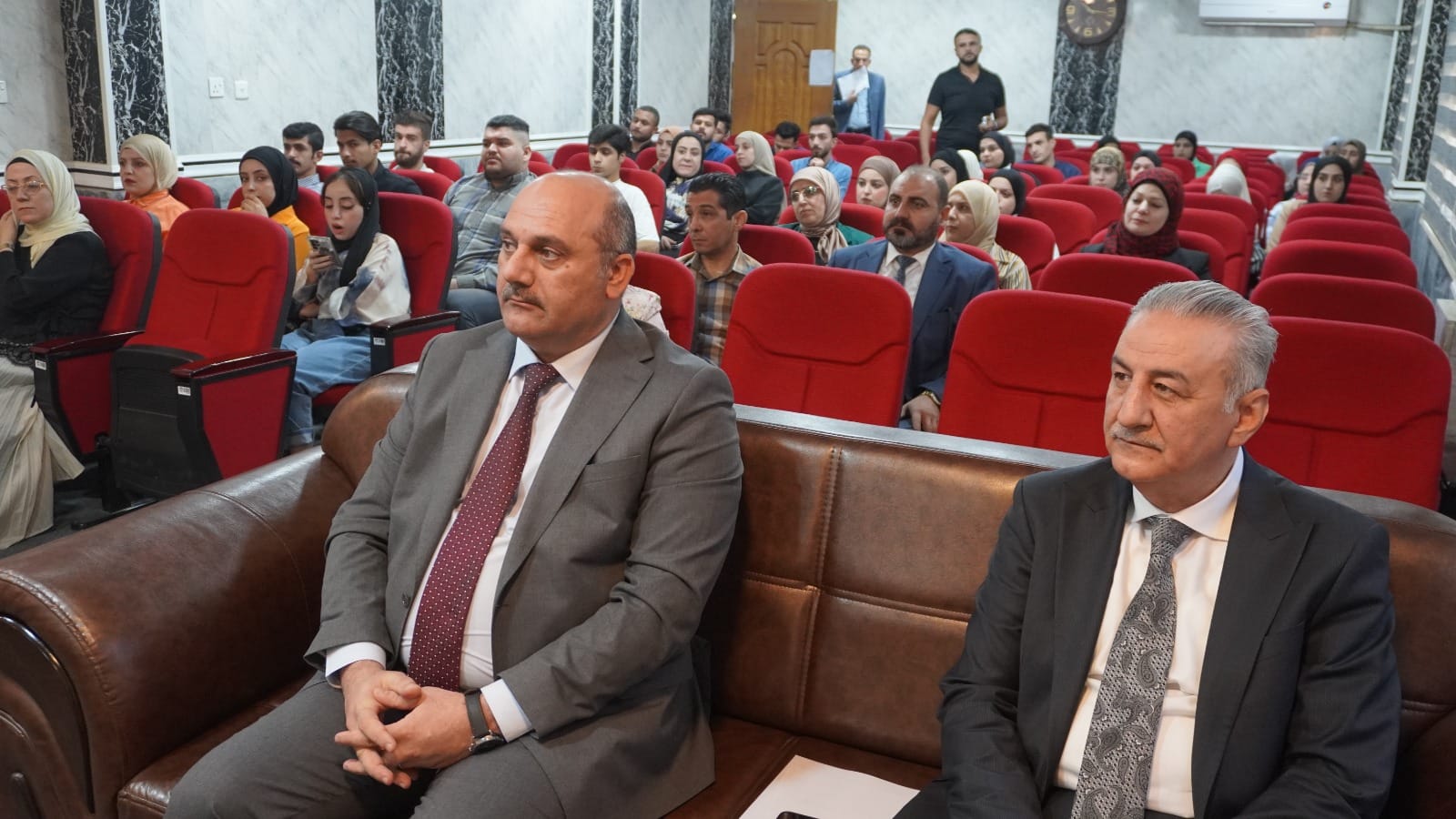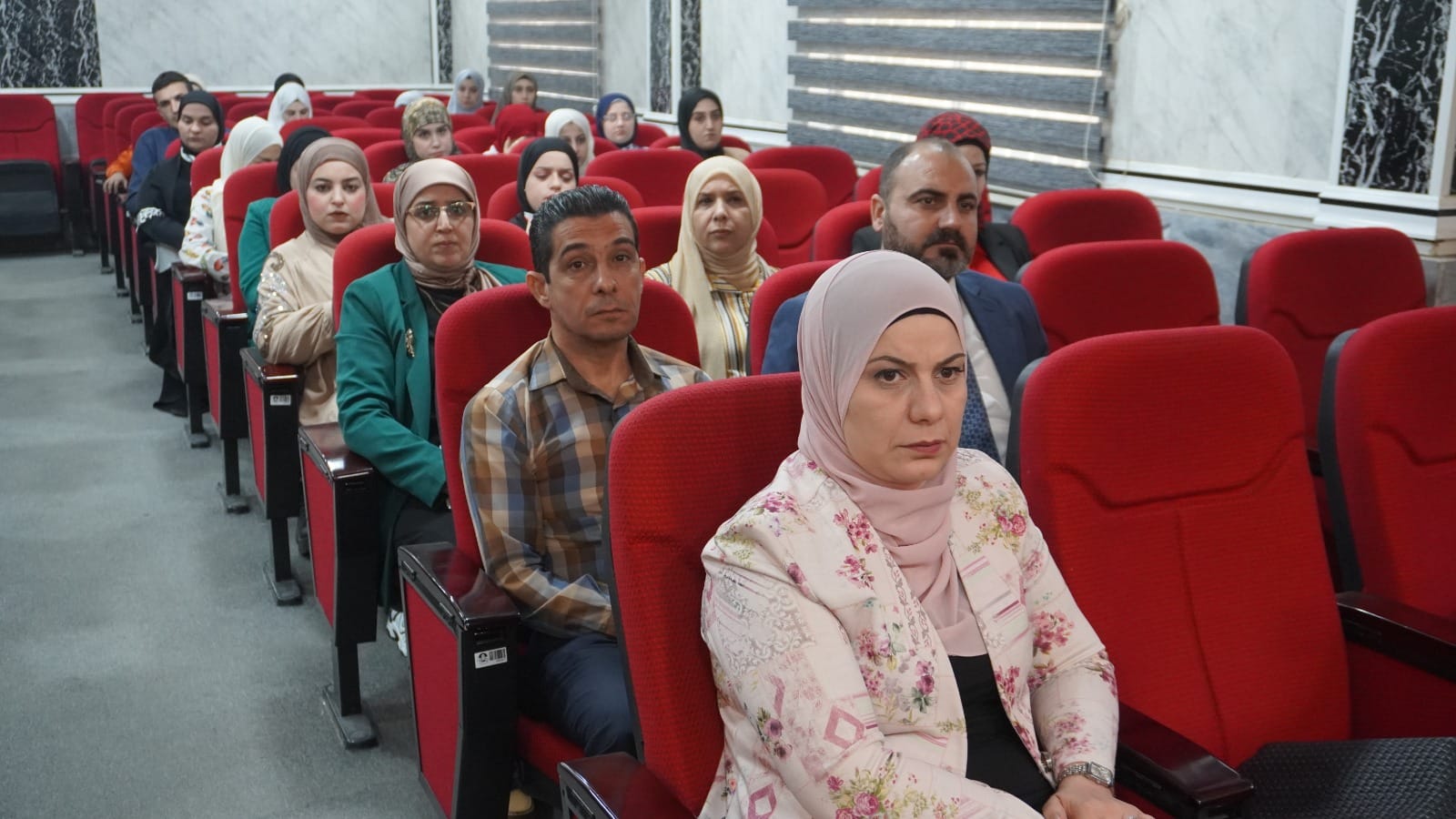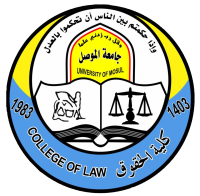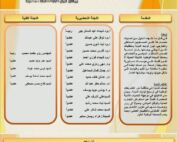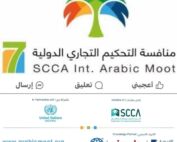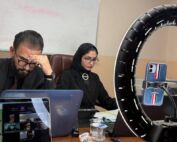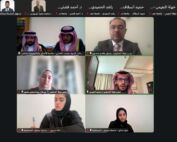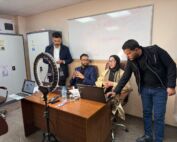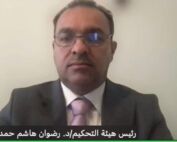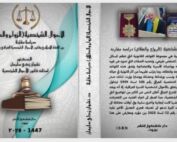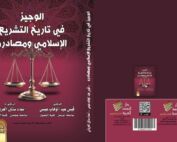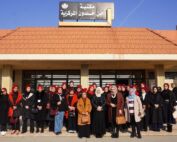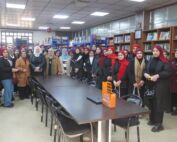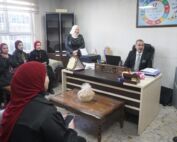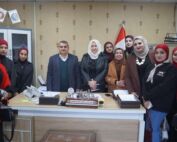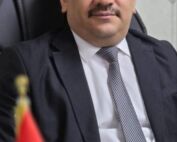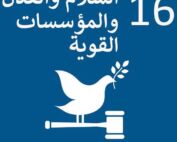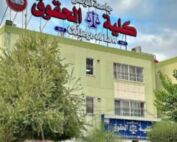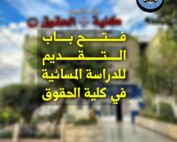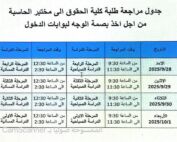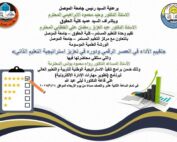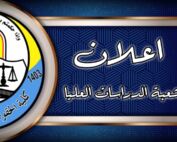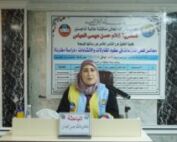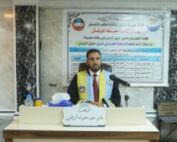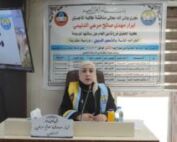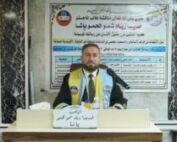21 October، 2024
Scientific workshop
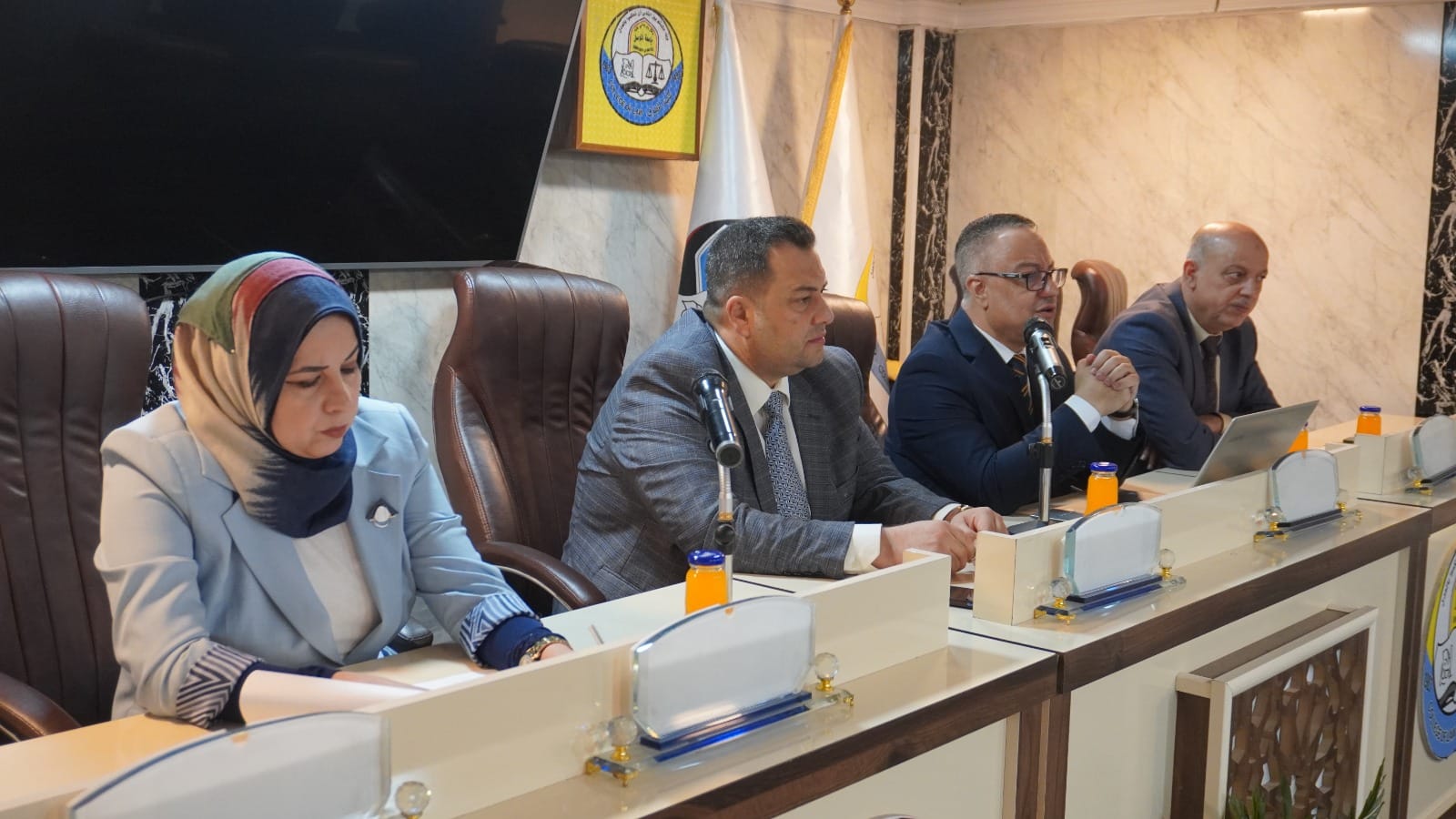
Under the patronage of Professor Dr. Qusay Kamal Al-Din Al-Ahmadi, President of the University of Mosul, and under the supervision of Assistant Professor Dr. Wissam Nimat Ibrahim Al-Saadi, Dean of the College and the members of the College Council, and with the follow-up of Assistant Professor Dr. Talal, Head of the Public Law Branch, the above branch, in cooperation with the Continuing Education Unit in our college, held on Thursday, October 17, 2024, the scientific workshop entitled Spreading the Culture of Rejecting Violence is a Civilizational Necessity, which began its work with a speech by Dr. Wissam Nimat Ibrahim Al-Saadi, in which he expressed his sincere thanks and appreciation to the Head of the Public Law Branch, appreciating the efforts made in holding this workshop, which deals with a very important topic, praising the efforts of our college and its members in presenting many researches and studies that work to spread the culture of tolerance, citizenship and national belonging, indicating the contribution of our college’s lecturers in working in centers and institutions related to peacebuilding and global communication, such as the Peacebuilding Center in the Presidency of the University of Mosul and the UNESCO Chair, as well as field visits by college lecturers to scientific and educational institutions and giving lectures Awareness contributes to spreading legal culture. Dr. Luqman Othman Ahmed, Head of the Psychological Guidance and Educational Guidance Committee, also gave a speech in which he thanked the Deanship of our College, its scientific branches and all its members for participating in the activities and events that contribute to achieving societal stability. Then the scientific session began with Dr. Muhammad Izzat Fadhel presenting his paper entitled Confronting Sectarian Fanaticism in Light of Cultural Globalization, in which he explained the concept of fanaticism, its intellectual origins and historical roots, and the extent of its connection to the Zionist movement and its relationship to violence that poses a threat to public order, while addressing the position of the Iraqi Constitution of 2005 and the legislation in force on fanaticism. Then Dr. Talal Abdul Hussein presented his research paper entitled The Position of Criminal Law on Violent Intellectual Extremism, in which he explained the concept of extremism, its types, causes, reasons and societal repercussions, while presenting a proposal for treatments at the governmental and legal levels, indicating the dimensions of extremism and its effects on the stability of countries and societies, while stating the means to limit and eliminate it. Then Dr. Osama Ahmed Muhammad presented his research paper entitled Violence from the Legal Perspective, which dealt with It included the meaning of violence from a legal perspective and its effects on the self, the other individual and society, explaining its types, causes, behaviors, results, images and implications. Then, Dr. Israa Abdel Moneim Yahya presented her research paper entitled The Role of Higher Education Institutions in Spreading a Culture of Rejecting Violence, in which she explained the importance of higher education institutions in terms of influencing societal and individual behaviors, pointing to the forms of violence within the university campus and its causes, which may be media, cultural, societal, psychological or academic, with an explanation of its types, which may be verbal or physical, explaining the role of higher education institutions in completely reducing violence. The workshop witnessed a distinguished presence of researchers, academics, legal experts and students who directed many questions and inquiries about the topic of the workshop, which were answered in detail by those in charge of it. Then, the Dean of the College distributed certificates of appreciation to the researchers in appreciation and recognition of their efforts in holding this workshop, which comes within a series of scientific, research, cultural and student activities for our college during the current academic year. 2024-2025.
